
Saima Wazed Elected as WHO Regional Director for Southeast Asia
Saima Wazed has been elected as the World Health Organization’s Regional Director for Southeast Asia, comprising eleven countries. Bangladesh’s Saima Wazed, the daughter of Prime Minister Sheikh Hasina, emerged as the nominee for the next Regional Director for South-East Asia. She secured eight votes, while Nepal’s candidate, Dr. Shambhu Prasad Acharya, a senior WHO official, received only two votes.
Saima Wazed, who currently serves as the Chairperson of Bangladesh’s National Advisory Committee on Autism and Neurodevelopmental Disorders, is scheduled to assume her role on February 1, 2024, for a five-year term, with the possibility of reappointment.
The names of the candidates were forwarded to member states by WHO Director-General Dr. Tedros Adhanom Ghebreyesus on August 18. In addition to Bangladesh and Nepal, India, Bhutan, North Korea, Indonesia, Maldives, Sri Lanka, Thailand, and Timor-Leste were participants in the voting process to select the next regional director. Myanmar, another member, did not attend the meeting.
Who is Saima Wazed?
Saima Wazed has drawn the attention of the people in Bangladesh and the world not just as the daughter of the prime minister and granddaughter of Bangabandhu Sheikh Mujibur Rahman.
She spearheaded the campaign for autism awareness in Bangladesh at a time when parents would hide their children with this neurodevelopmental disorder due to the social stigma attached to the developmental disability.
She is a licensed school psychologist in the US and a faculty member of the Adrian Dominican School of Education (ADSOE) at Barry University, US.
She led a South Asia regional meeting in Dhaka on autism in July 2011, bringing together regional and global experts and leaders, including then-president of Indian National Congress Sonia Gandhi, former Sri Lankan first lady Shiranthi Rajapaksa and Ilham Hussain, the wife of then-vice president of Maldives Mohammed Waheed Hassan.
After that Bangladesh’s National Advisory Committee on Autism and Neurodevelopmental Disorders and Global Autism Public Health Initiative were established under her chairmanship.
“It is because of her that we could make a place for our children in society. It is hard to explain how grateful we are to her,” Sajida Rahman Danny, founder-president of Parents Forum for Differently Able, told Dhaka Tribune in September when Saima Wazed announced her candidature.
It was because of Saima Wazed that the WHO adopted several resolutions for the welfare of children with autism.
The WHO SEARO in 2014 recognized her contribution with the WHO Excellence Award for Public Health, saying she had put autism on the WHO map.
In the citation note, the WHO said she had played a “path-breaking” role in addressing autism at the national, regional and global levels to ensure there was a national policy and commitment for autistic children.
She was also made an advisor to the director general of the WHO on mental health and autism.
“I come from a well-known political family that most are familiar with and incorrectly assume that I have always lived a life of privilege. Despite being born in Bangladesh as the granddaughter of the Father of the Nation, my earliest memories were that of growing up in India as a refugee,” she said on her personal website.
Bangabandhu was assassinated on August 15, 1975 along with most of his family members. Sheikh Hasina survived the attack as she was abroad at the time. But she could not come home until 1981.
“Trauma, secrecy and heightened concerns with security while always being aware I was not like everyone else were second nature to me,” Saima said.
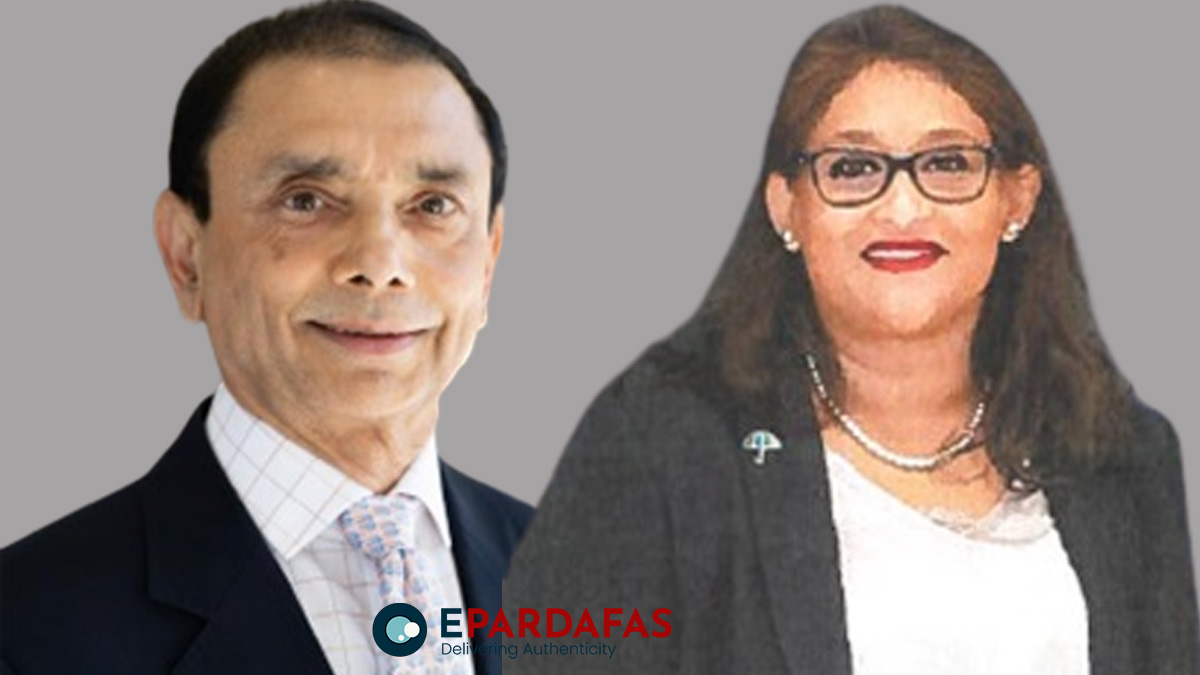
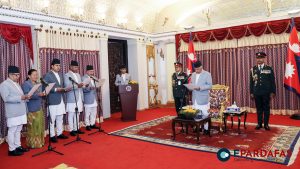
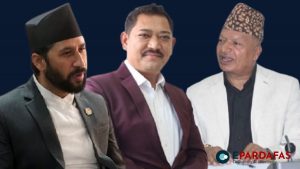
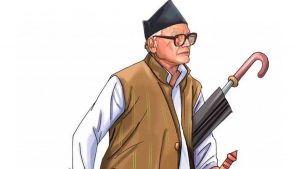
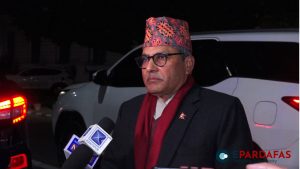
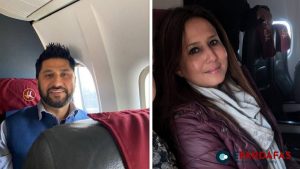
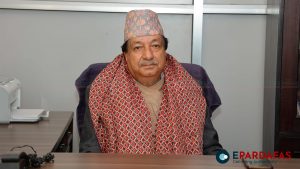





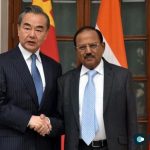
Comments